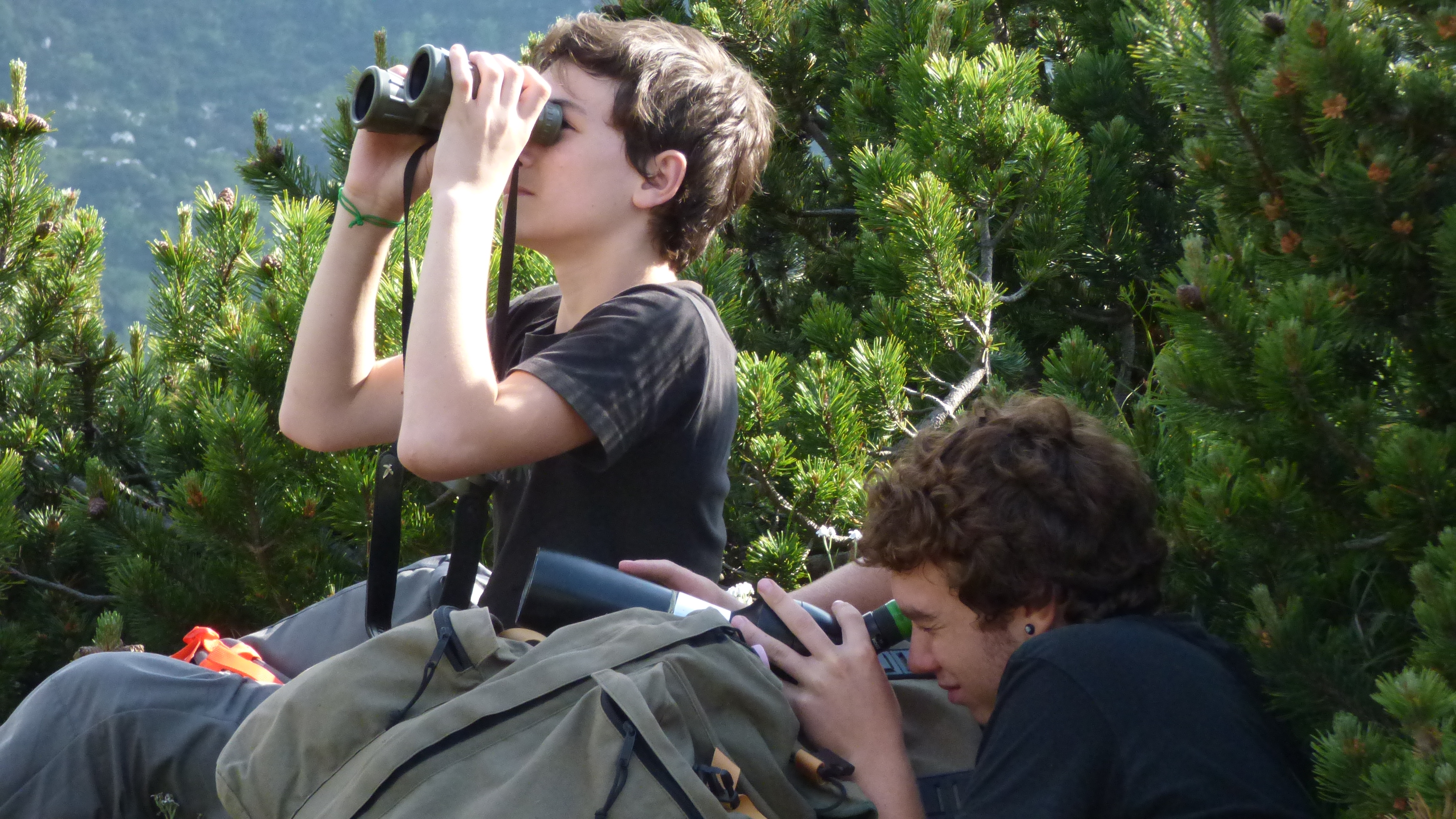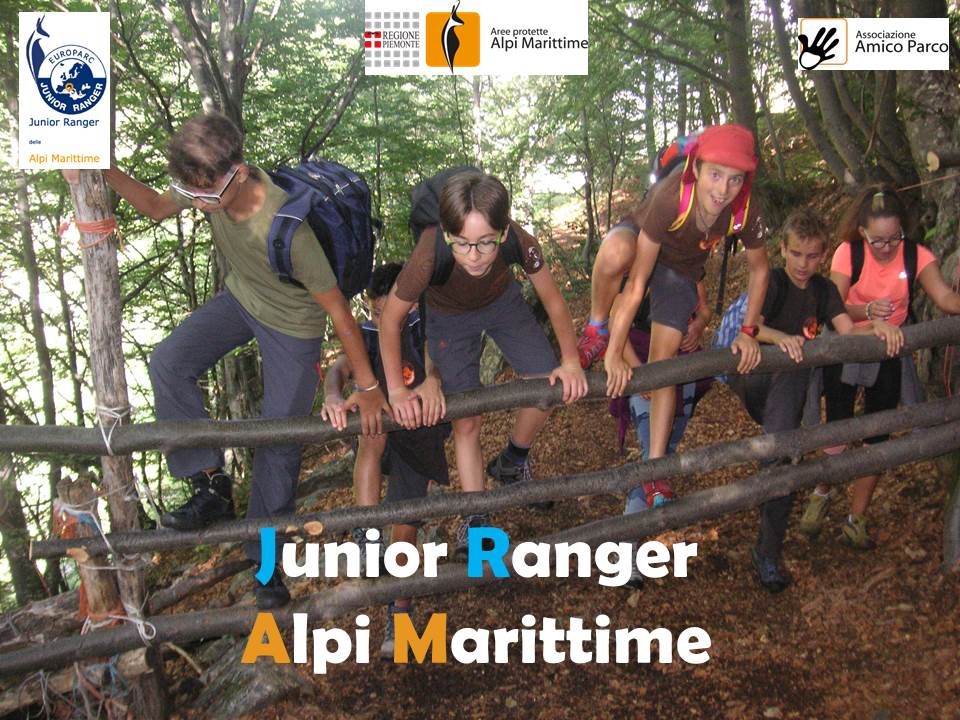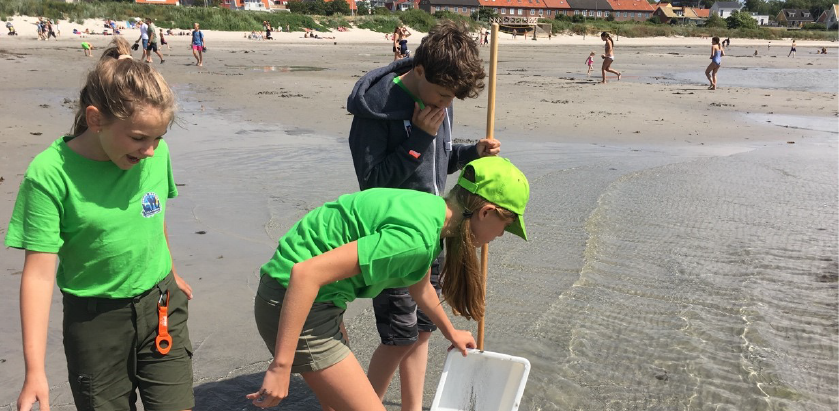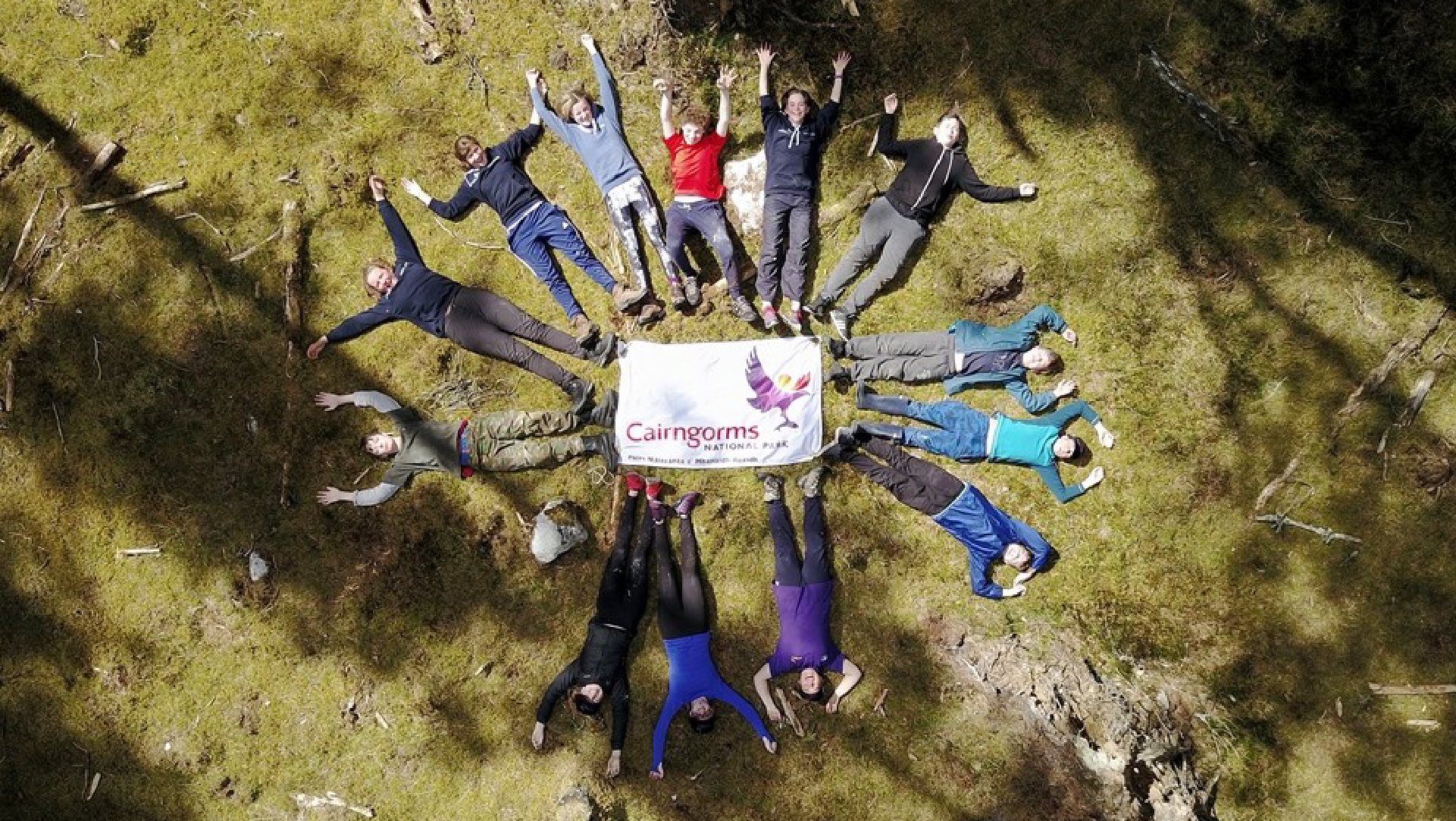Junior Ranger Programme Toolkit
Practical advice on how to join and run the Junior Ranger Programme
What is this toolkit for?
This toolkit is intended to provide simple and practical advice on how parks and Protected Areas (PA) can join and run the Junior Ranger Programme.
Who should read this?
This toolkit is aimed at park and PA managers and authorities who acknowledge the importance of young generations for nature conservation and want to create interactive environmental education opportunities for youngsters aged 12-18 under the framework of EUROPARC’s Junior Ranger Programme.

Overview
What is the Junior Ranger Programme?
Watch a short documentary “A European Tour of Junior Rangers: Working for Nature” to learn about the programme. This film portrays some of the activities that Junior and Youth Ranger teams carry out to protect endangered habitats and species in Europe.
Download the Junior Ranger Handbook (2003) to read about how it all started and the Junior Ranger Brochure (2013) to get a general overview of the programme.
How to start: Essential guiding points for Protected Areas
Membership and registration
- The EUROPARC Junior Ranger program is addressed to Protected Areas and managing authorities, members of EUROPARC Federation. The Junior Ranger program is a free initiative for EUROPARC members. If your organisation is not a member yet, please apply here.
- Once became member, your organisation has to register by filling out a short online form, and sign a Partnership agreement which regulates the management and running of the Junior Ranger program. You can download the Partnership Agreement in Word of PDF format. When completed and signed (either electronically or manually), please send it as one document to communications@europarc.org.
Program and activities
- Protected areas shall develop a 3-year program of activities ensuring coherence and sustainability of the initiative.
- We recommend that the Junior Ranger programme becomes part of the ordinary protected area work e.g. environmental education department, possibly managed by Ranger Service, or equivalent, in collaboration with other departments of the Park Authority.
- The program of activities shall be structured around three key subjects: explore, learn and take care. Those will help to create an educational path and each of them can be the focus of a different year program.
- The program should offer young people the opportunity to: discover their protected area, its function, the landscape and the biodiversity of the area; to acquire some knowledge and skills related to the work of Rangers and nature conservation; to put into practice their acquired knowledge and experience, taking some small responsibilities to help the protected area.
- Activities should provide real nature conservation work experiences, and possibly include cultural and social subjects. Most of them should be done outdoor in nature.
- The Junior Ranger program is aimed at young people, aged 12-18, who live within or close to the protected areas. Members are free to select their best target groups.
- Protected areas are welcome to choose their own way to recruit young people. This can be involving young people already part of other environmental education programs of the park; organising dedicated promotional events; liaising and cooperating with local schools or associations (e.g. Scouts, Alpine clubs…).
- Ranger service, or equivalent (preferably internal protected area staff), shall be responsible for running the activities with young people. EUROPARC recommends having the same Ranger/Mentor to run the activities over the course of the 3 years program.
- EUROPARC recommends to start the activities with a relatively small group of young people (15-20 max) and to work with the same group over the first three years. The number of participants depends on park resources and energies.
- A 5-days programme per year is the very minimum required expected: the activities should have a regular frequency, and be well distributed all over the year.
- A 2-5 days camp, organised at park level, is a great opportunity to complete and integrate the activities of the year.
- EUROPARC recommends to value and use the EUROPARC Junior Ranger logo, and where possible to provide uniforms, t-shirts, caps…
- A certificate or award shall be adopted by the park, and distributed to the Junior Rangers at the end of each year activity. This will help develop a real sense of achievement and community spirit.
- Protected areas are encouraged to involve in some occasions young people’s families, partner organisations/businesses and local communities.
- Junior Rangers shall be encouraged to becoming part of the international network: writing articles, news, and sharing pictures and ideas via Facebook or Twitter.
- Protected areas are asked to support and facilitate the participation of their Junior Rangers and Rangers/Mentors in the dedicated networking and training opportunities organised by EUROPARC: events for Rangers, international camps, workshops and conferences.
- You can read in the section “Case Studies” some examples showing how the Junior Ranger program is being managed in different protected areas across Europe.
For further information please contact youth.europarc@europarc.org.
Regional & National examples
Downloads
-
The Netherlands
Download a detailed report of Junior Ranger activities in the Protected Areas of the Netherlands.
Case Studies
Case Studies
If you would like to know more about the Junior Ranger Programme, and how you can implement it in your Park, submit your name and email address, we will be glad to get back to you!



